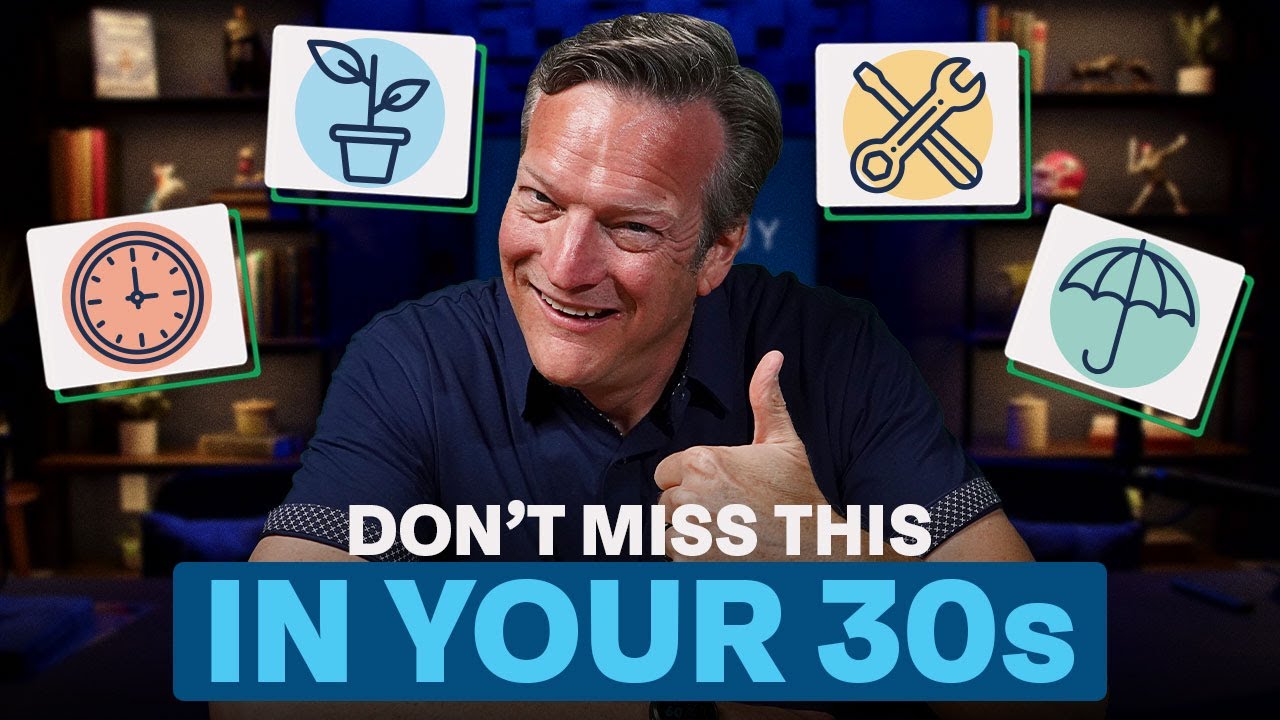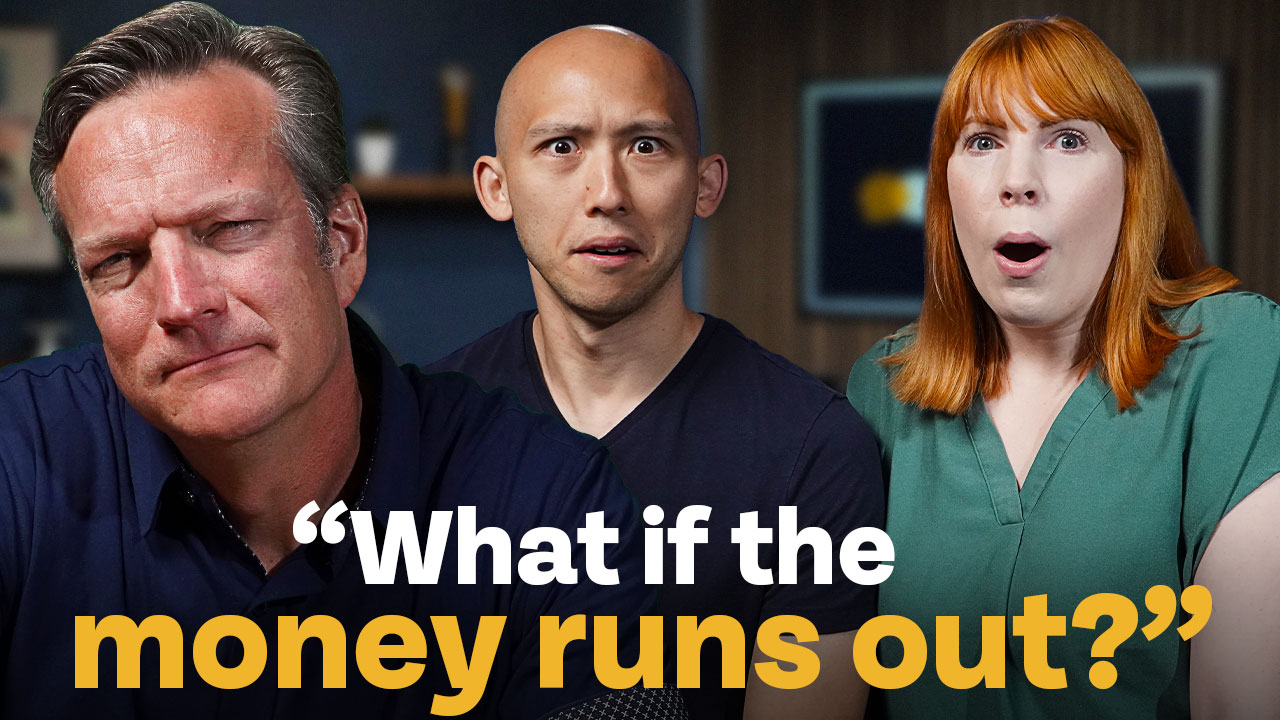Patrick has a question: should you take out your Roth IRA money first or your 401K money first when you start hitting retirement? Alright, so should you pull out your Roth IRA or your 401k?
Again, I've given this disclaimer before, I'm going to give it again: no two retirements are the same, and so the cadence through which you pull your assets out and from which accounts you pull them out of are, customized based on your unique situation. So, to say that one always makes sense would not be practical. I will give you a general guideline. You know, we talk about the
Financial Order of Operations and how we accumulate, how we build the buckets. What most often happens is we build Roth first, and then we build pre-tax next, and then we build after-tax third. When you go to turn that bucket upside down and start taking it out, it kind of comes out in that order in the majority of circumstances. You pull taxable assets out first, then you pull pre-tax assets out, and then you pull Roth assets out. Right? Why is that the case? That's the way that we do it.
I know when I get that tax-free money because the government restricts how much you can put in these accounts. I mean, think about what they let you do. They only let you put in that $6,500 in the Roth IRA. It's not like you can put unlimited. They'll let you put anything you want in your taxable account. You know, if you can save a million dollars this year, put a million dollars in that thing. They're okay with that. But that tax-free, he's got restrictions on it. So, I always find myself, when that money's in there, it feels good. When that money's growing tax-free, too, I mean, you feel really good. So, because it becomes your precious, I have found with the retirees, because there's also legacy value to these Roth accounts, too, is because realize, even though they got rid of the stretch IRA with the original secure act, you still get your beneficiaries will get 10 years of tax-free growth with that Roth account. You're going to think it's the precious for them too.
So, I mean, it's just, I tend to, oh, now look, it's very, you, we have to put a disclaimer: we don't know your personal situation. But from what we've experienced, most people really like that tax-free growth and want to maximize that opportunity since it is so restricted by the government. But I would say that, men, sure, you're thinking about when you get to retirement. This is one of the times when it probably does make sense to think about taking the relation to the next level because there are some things that you want to be aware of, some strategies that you might want to know about when you first retire because maybe you only want to max out the very lowest income tax bracket pulling that from your pre-tax assets. But if you need other income for other purposes or other things you need to purchase, then you might have to go into one of those other two buckets, the after-tax bucket or the Roth tax-free bucket, in order to subsidize that. But it's something that is so specialized and so customized. You want to make sure you have a solid plan. You had a plan building these assets, you had a plan building up this wealth, and you spent so much time doing it and thinking about it. You ought to spend an equal amount of time thinking about and taking seriously how you're going to distribute those assets and how you're going to live off of them.
If you want to know how powerful your dollar bills are, check out our
Wealth Multiplier deliverable here.













